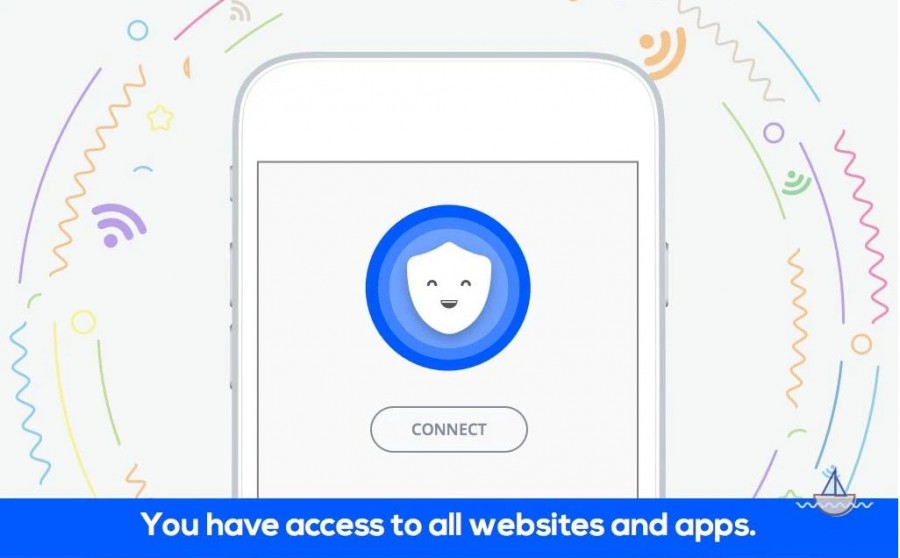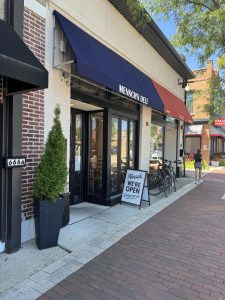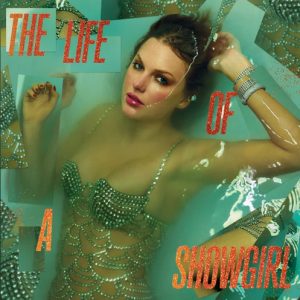VPN poses security threat to users
Are VPNs putting student privacy at risk?
February 5, 2016
While trying to use banned websites like Facebook, Snapchat, and Instagram at school, students could be compromising their pictures, passwords and even credit cards.
Many students are using Virtual Private Networks (VPNs) instead of the school’s network to acccess social media websites that the school blocks. Unfortunately, while these free VPN apps are convenient and easy to install, they are deceivingly dangerous.
A VPN is a network. It could be created by anyone, and then when it is used, all your information goes through this network. “This means that your iPad’s info is being accessed by a person that you don’t know,” warned lead technology Technician Mike Valadez, “The info could now be sent anywhere without your knowing, and every iPad at the school is registered with a credit card. That is now potentially compromised.”
Valadez thinks that the main reason they can be so dangerous is that students don’t know what they are.
“VPNs don’t have any risks, right?” Sophomore Jason Born asked. “My friend put it on my iPad and now I can use Snapchat. It’s pretty cool.”
But there are many risks. One VPN user, who requested anonymity, said that she had her Snapchat hacked two days after downloading the app.
“This man I didn’t know just started sending things to me and my friends,” she said. “It was the creepiest thing I’ve ever experienced.”
Some students think that social network sites shouldn’t be blocked at all. Freshman Leo Kim argued, “I mean we are at school for seven hours, and even more with extracurriculars. I think we have the right to at least check social media.”
The widespread opinion among the student body is that social media should be allowed, and that the students themselves should be responsible for the consequences of their actions.
Lead Mac technician Moira Gitau explained that by law gambling and pornography websites must be blocked. Other sites are blocked to protect the school from a legal standpoint if anything controversial were to happen on social media over the school’s network.
“It is up to administration and the school’s lawyers to decide what is blocked for liability reasons,” Valdez added.
But VPNs aren’t all dangerous and insecure. On fact, their professional application is to provide a secure work domain.
“The teachers are actually provided with a VPN to ensure that they can access the school network securely from their home,” Valdez said.
The difference is the VPN provided for the staff is credible and paid for by the school, while the ones used by students are free and not at all secure or credible.
“That is why I don’t use a VPN anymore. I realized that it wasn’t worth it,” junior Matthew Kim said.
“Once it’s out there, it’s out there, there is no getting it back,” warned Gitau. Any passwords, online banking, or apple ID purchases made on the VPN have been irreversibly compromised.
Using VPNs also prevents many of the features of the iPad that are necessary from working properly. Students with VPNs have trouble with the printing and remote file access.
“We have had a flood of students with iPad problems and when the VPN is disabled, the problems completely stop,” Gitau said.
As technology becomes more and more a part of the everyday, it’s important to understand how it works so that you are safe online.
Gitau added, “If you don’t know how it works then don’t take the gamble. Instead of being a question of Facebook, or no Facebook it should be a question of being secure or being vulnerable.”











































